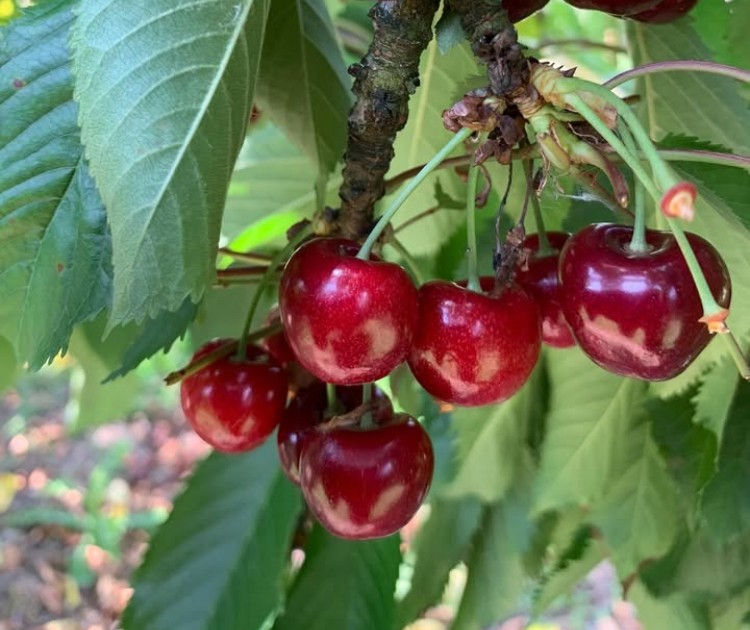Spiritual care mattered to a coronavirus survivor
- Debbie Thrower

- May 18, 2020
- 2 min read
Updated: May 21, 2020
Sixty-one-year old Hylton Murray-Philipson left Leicester Royal Infirmary to a guard of honour from the nurses and doctors who'd helped him survive Covid-19. They lined the corridor and clapped as he left in a wheelchair. But the thanks, he insists, were all his… as he explains in an article headlined 'Survivor’s Notebook' in the Spectator magazine (18 April 2020, p. 27).
Jesus
His knowledge of the Bible, and the memory of one story in particular, helped him when he was at a low ebb.
‘I thought it might be useful to share some aspects of my journey. They can be divided, I think, into three themes: faith, hope and charity. To begin with, faith. Of all the images that came to me in intensive care, the strongest of all was that of Jesus calming the storm on the sea of Galilee… The appearance of Christ rising from sleep in the bow of the boat to calm the waters was precisely what I needed to calm the storm in my throat and in my mind. Jesus didn’t address me, but I felt his peace radiating out from the boat towards me. My storm abated.’
A Leicestershire farmer and renowned conservationist, Murray-Philipson kept himself going by thoughts not only of his two sons to whom he is now a single parent – his wife having died four years ago – but also of the walnut trees he wanted to plant in memory of his late father, who had died only 24 hours before his own admission to hospital.
Sister Wendy Beckett
He continues, ‘I began to remember Sister Wendy’s remark that she had loved her life and her art, but she thought it was all a dress rehearsal for the time that she was really looking forward to, the moment when she fell into the arms of a loving God. I began to see piles of infinitely soft pink pillows into which I could fall… The temptation to call it a day was certainly there, but various things kicked in to keep me going – hope was one of them.’
'It's going to be okay'
The article ends with a moving account of how he will never forget the small acts of compassion which enabled him to pull through and which are the essence of good spiritual care – comfort, succour and the instilling of confidence. Murray-Philipson concludes:
‘And finally, charity… When you are as ill as I was, you return to a childlike state of total dependence on the kindness of others. I would not be here without the professionalism and dedication of the staff of the NHS. But my abiding memory of that time is of human kindness and compassion. A nurse bringing me a cup of tea in the middle of the night; giving me a shave on my birthday; whispering in my ear, "It’s going to be okay." In my hour of need, I reached out and found the hand of the NHS holding mine.’











コメント